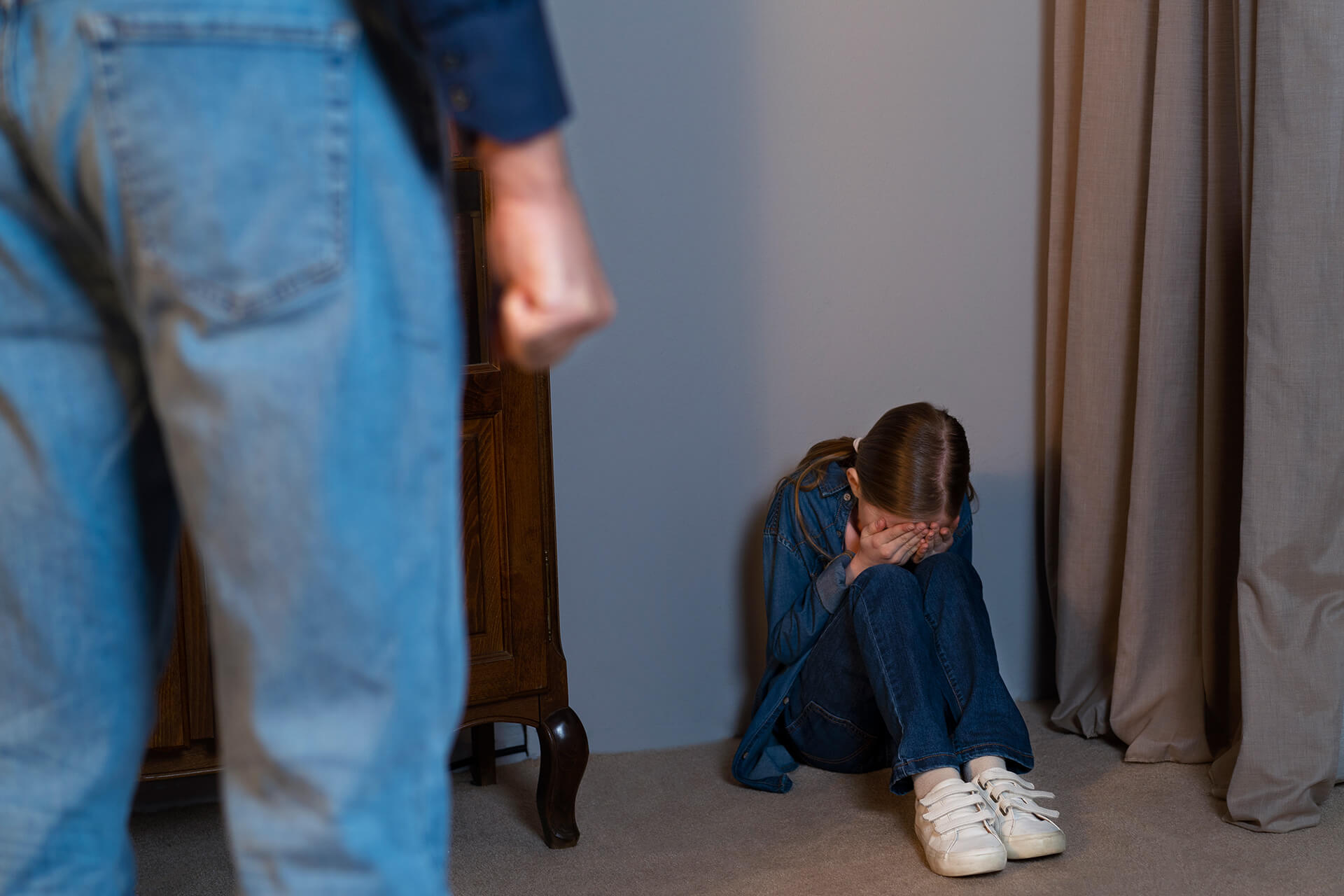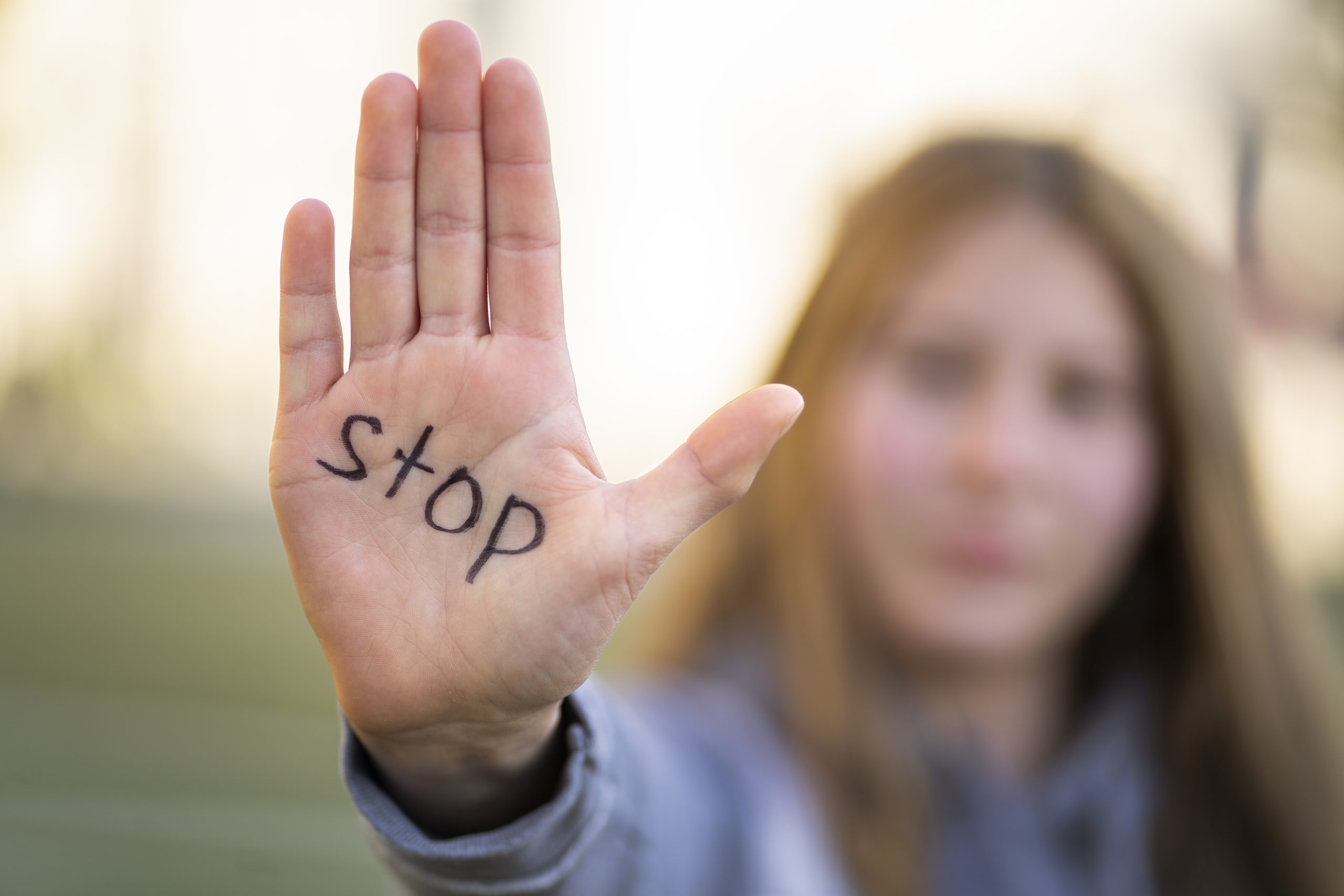Domestic violence is a term that everyone is familiar with, but what does it mean for you if you’re charged with it? Going through the court system to defend yourself can be a daunting and overwhelming experience. In this blog, we’ll provide some advice from Scott Weinberg, a former prosecutor with over 35 years of experience representing people charged with domestic violence in Michigan.
The first critical stage of any court process, especially for domestic violence cases, is the arraignment. The judge or magistrate will set your bond and conditions of your release. At the arraignment, you should not plead guilty. Instead, you must first talk an attorney. It’s essential to have someone on your side who has been involved with hundreds of these cases. They will help you navigate the process and ensure that you don’t unintentionally say or do anything that could harm your case.
One common condition of release in domestic violence cases is a no-contact order. This order means that you may be legally blocked from your loved ones and even kicked out of your house if it’s not handled correctly. Therefore, you MUST NOT go to the arraignment hearing without your attorney.
Another important piece of advice is to not take advice from the prosecutor. Remember that they represent the government, not you. It’s vital to have someone who’s your representative and on your side. Remember, the decision ultimately affects you, not the prosecutor or judge.
If this is your first domestic violence charge, you may be eligible for a deferral statute (769.4a). This statute allows you to keep the charge under advisement or off your record, but not everyone is eligible. It’s crucial to understand all the details about this statute before going to court.
Domestic violence is an emotional and challenging case for you and your loved ones. However, if you take it seriously from the beginning and get through it with the right attorney, you can help yourself and your family. Don’t go through this process alone, reach out to an experienced domestic violence attorney who can help guide you through the process and protect your rights.”




